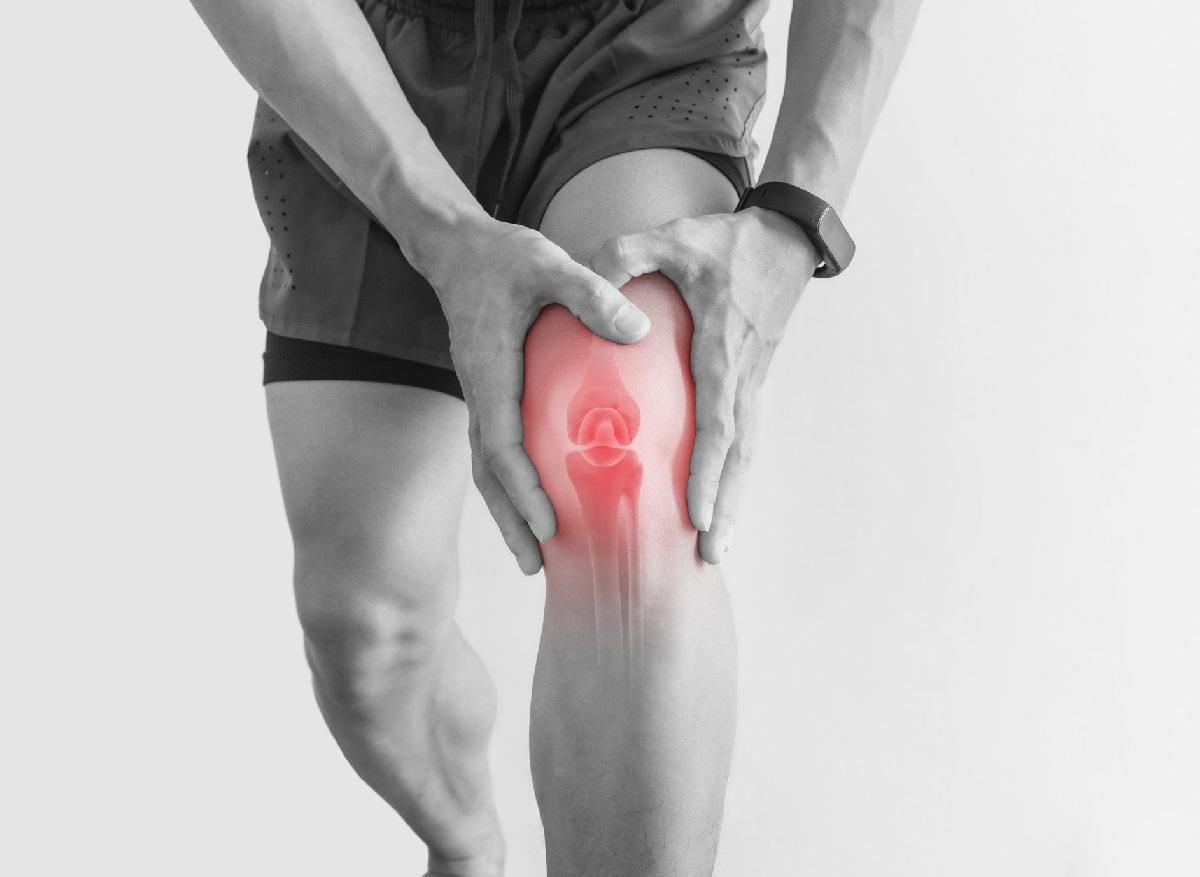The intensive practice of sport could harm the heart health of men, according to the results of a study published in the medical journal Mayo Clinic Proceedings. More than 7.5 hours of physical activity per week is a risk factor for cardiovascular disease in some men.
Researchers from the University of Illinois at Chicago in the United States carried out the CARDIA study (Coronary Artery Risk Development in Young Adults) with 3,175 participants in whom they analyzed the risk of arteriosclerosis, a symptom of aging arteries and a warning sign of the risk of developing cardiac disease.
The researchers categorized the participants into three groups, based on physical activity patterns: Group 1 was defined as exercising below national guidelines (less than 150 minutes per week). The participants of group 2 practiced 2h30 of physical activity per week. The last volunteers were exercising more than 450 minutes per week. This for 25 years.
Surprising results
“We expected that higher levels of physical activity over time would be associated with lower levels of arteriosclerosis,” said Deepika Laddu, assistant professor of physical therapy and study author.
Instead, the researchers found that participants in group 3 were 27% more likely than those in group 1 to develop a arteriosclerosis.
When these results were stratified by ethnic group and gender, the scientists found that white men were most at risk. They were 86% more likely to be affected by arteriosclerosis. There was no higher probability for other ethnic groups, men or women.
“High levels of exercise over time can cause stress on the arteries leading to a higher risk of arteriosclerosis,” said study co-author and cardiologist Jamal Rana. “However, this plaque accumulation may be more stable and therefore less likely to rupture and cause a heart attack”, supposes the researcher who must set up new studies to confirm these results.
Read also:
One hour of sport a day could reduce the risk of metabolic syndrome
Intense sport, bad for the male libido
Sport against cognitive decline

















